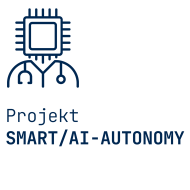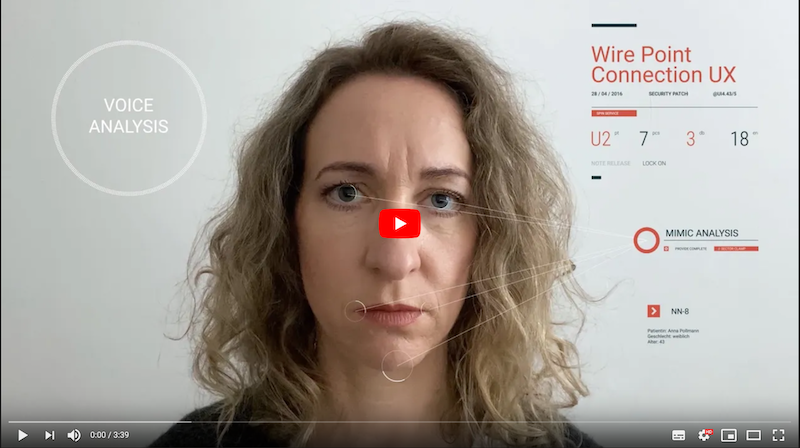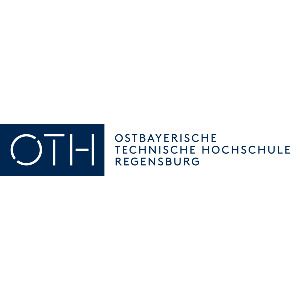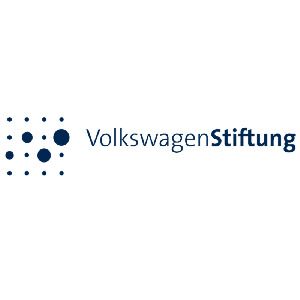"The Future Machine"

With the help of the "Future Machine", we travel to a possible future in which artificial intelligence is used to determine the capacity of patients to give consent. In a circle of people - with and without expert knowledge - we discuss different perspectives, contexts and consequences of this scenario.
It concerns us all
We are all patients at some point in our lives. However, medical treatment is only given if we consent to it. This is part of our right as a patient. Effective consent requires that we are capable of giving consent. If there is any doubt about our capacity to consent, the doctor treating us will check whether, contrary to the basic assumption (capacity to consent exists), we are actually capable of giving consent.
Lack of capacity to consent and limited decision-making capacity are serious problems:
- “[E]stimates suggest that more than one-third of elderly and psychiatric hospital inpatients lack decision-making capacity.” 1)
- According to one study, physicians only recognised the lack of capacity to consent in 42% of patients. 2)
Against the backdrop of a rapid development in the power of artificial intelligence, its use to determine the capacity to consent is no longer science fiction - this scenario is coming close to being feasible.
It is our future
So far, the social discourse on new technologies usually only takes place when they are already widely used and society lives with the consequences. This has many disadvantages, e.g. that we as a society do not actively and consciously reflect and decide where our coexistence, our economy and our medical care should develop. What is missing is a vision of how we want to live in the future - with the possibilities of technology. With the "Future Machine" format, we want to make a small contribution to getting people interested in the topic and stimulating social discourse about the use of AI in medicine.
The format
The "Future Machine" is a dialogue format in the style of a fishbowl discussion in which experts and laypersons alike have their say. A selection of experts from various disciplines, a layperson and a moderator are set in advance. Viewers also have the opportunity to join in the discussion and contribute their own points of view, experiences and questions. A survey among the audience concludes the format.
About us
We are SMART/AI-AUTONOMY, a research team made up of experts from different disciplines and funded by the Volkswagen Foundation. The scientific disciplines involved are medical ethics (Heinrich Heine University Düsseldorf), law (Hochschule für angewandte Wissenschaften Würzburg-Schweinfurt) and computer science and social sciences/technology assessment (both Ostbayerische Technische Hochschule Regensburg). With our different perspectives, we analyse the complex of topics and the diverse interrelationships as fully as possible.
Learn more about our project at www.ai-and-autonomy.com.
Reference:
1) Lamanna, C., & Byrne, L. (2018). Should artificial intelligence augment medical decisionmaking? The case for an autonomy algorithm. AMA Journal of Ethics 20(9), E902-E910. https://doi.org/10.1001/amajethics.2018.902
2) Sessums, L.L., Zembrzuska, H., & Jackson, J.L. (2011). Does this patient have medical decisionmaking capacity? JAMA 306(4), 420-427. https://doi.org/10.1001/jama.2011.1023
Project partner:
Sponsored by:





